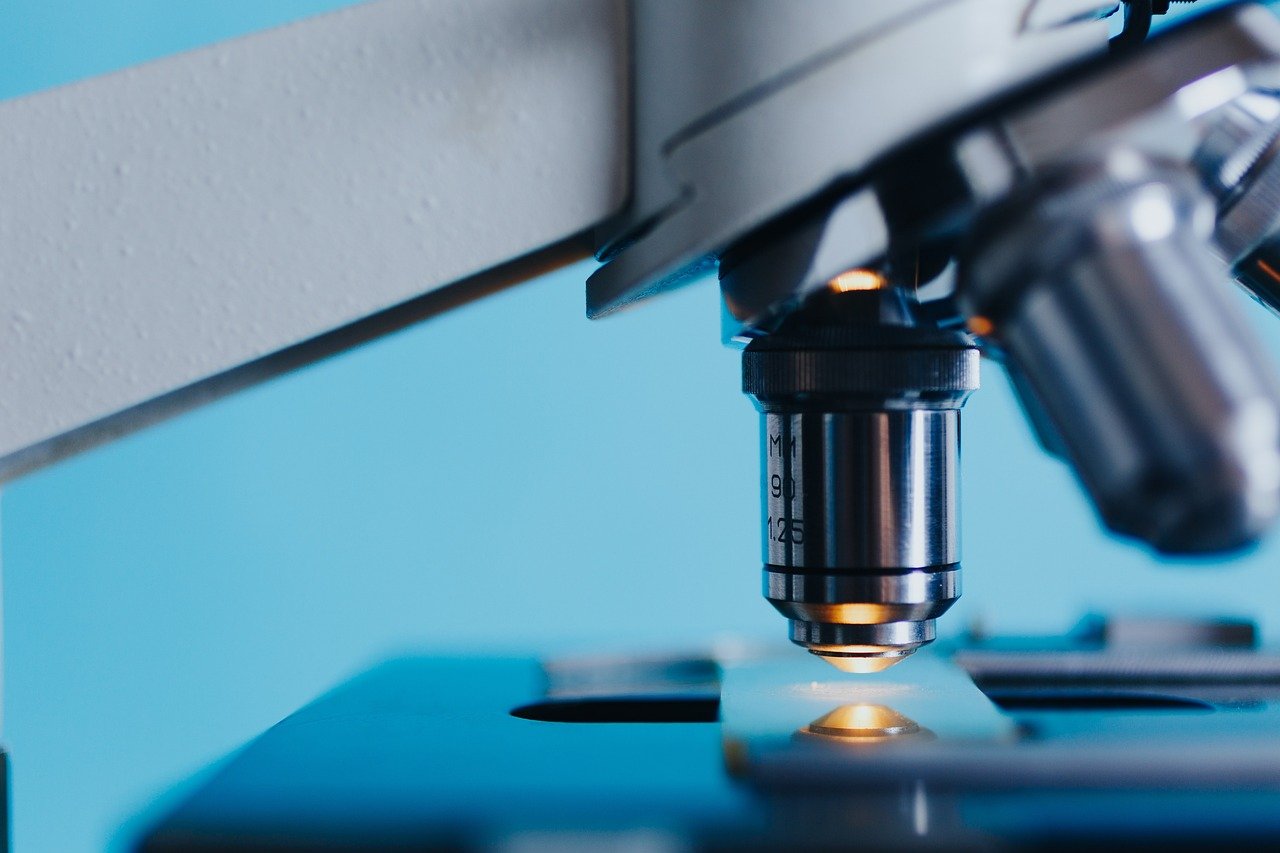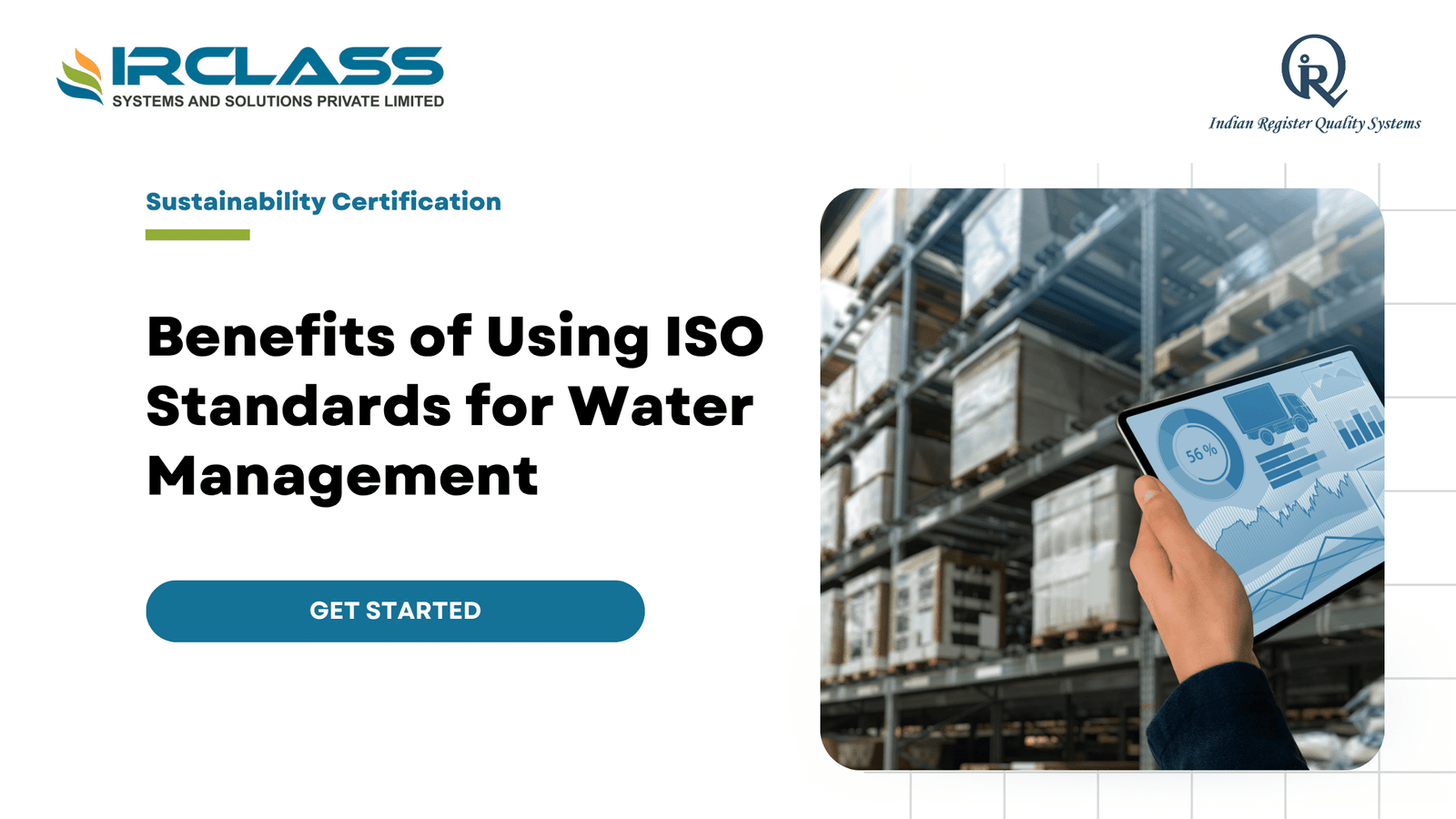Tag: What are the main differences between ISO 9001 and ISO 13485?

The Advantages Of ISO 13485 For Medical Device Manufacturers
The medical device industry is distinct from other sectors. The regulations for developing medical devices are strict. Therefore, the manufacturers must adhere to the stringent regulatory essentials and norms. It is essential for revenue and product. Also, it helps in convincing and acquiring potential customers with reliable and safe medical products. The commitment to manufacturing top-quality medical devices exhibits a reliable image and brand. The ISO 13485 framework plays a critical role in describing and documenting the ideal manufacturing norms. For instance, in a medical device manufacturing company, all representatives must be aware of the policies and ideal norms of quality manufacturing. Creating written procedures for mitigating the risks related to manufacturing can safeguard production quality. These are unique but critical pointers in the ISO framework that facilitate the manufacturing process. A quick overview of ISO 13485 certification The ISO 13485 certification has an influential role in the industry of medical device manufacturers. The framework delivers a QMS or quality management system specifically aiming at the process improvement and efficiency of medical device manufacturing. With the ISO certification and framework, the device makers can successfully vouch for design consistency, improved production, safe disposal of medical devices, and much more. The ISO 13485 standard offers a systematic structure and easy-to-follow steps for quality enhancement. From medical device directives and QMS regulations to manufacturing responsibilities – one can cover everything. The standardization strengthens the quality and process core of the medical device manufacturers and boosts their commitment towards delivering quality deliverables. The standardization certificate is apt for all medical device manufacturers, regardless of their size. Recognition beyond the domestic borders All medical device developers must focus on improving their production with the right approach. Adhering to quality standards is the ultimate way to shine in the industrial domain. It is critical to implement ISO 13485 for the manufacturers as it assures improved quality, making it easy for the brand to earn global recognition. It exhibits a credible image of the manufacturers and implies universal standard maintenance. The efficient techniques facilitate effective QMS for production and meet customer expectations. Financial rewards with global recognition The by-product of a well-developed QMS is revenue. If a manufacturing resource can exhibit a reliable brand image, the revenue-making scope automatically improves. With time, the global recognition aspect turns into a definite structure for earning and acquiring more clients. Thus, the financial rewards are impeccable with a well-planned QMS for the device makers. It is possible only when the manufacturers focus exclusively on following the stringent regulatory norms by adhering to the framework of ISO 13485. Enhanced customer satisfaction and credibility Even though the industry involves the production of critical medical devices, there are aspects that are similar to other production sectors. For instance, there are steps that include mandatory audits, management evaluation, etc. The comprehensive focus of the framework brought by ISO 13485 brings an efficient solution for delivering the best to the customers. It helps in covering every critical aspect that plays a role in enhancing brand credibility and customer satisfaction with QMS. The increased quality and visible assurance from the manufacturers are influential in expanding the client and customer base to the next level. Continual improvement and process enhancement Process improvement that focuses on consistency helps in acquiring long-term goals for the manufacturers. Practically speaking, the enhanced system for boosting and maintaining the quality of the products eventually strengthens the production core. If you think beyond the revenue-making aspects, it has a positive impact on the company’s professional ecosystem as well. Continuous improvement is one of the best parts of the quality management system designed for the medical industry. Developing a systematic process with a planned approach for eliminating the risks goes a long way and positively impacts the performance index. Management made better – Better decision-making. Incorporating the QMS techniques for a medical device manufacturing company works positively in developing an organization concentrated on making the production process better. In the long run, the management setup enhances the production unit. It gets easy to manage critical data on a continual basis. Tracking the performance and quality upgradation progress also becomes convenient and effortless. Thus the manufacturers can operate and progress towards the quality goals and take appropriate action as and when necessary. The role of employees – A practical benefit With the increased participation and cooperation from the entire manufacturing unit and employee base, the QMS is bound to improve. The framework of ISO 13485 emphasizes employee awareness and participation. It helps them understand their influential role in the quality management system. The necessary training and induced awareness strengthen productivity as well. Simultaneously, the steps of quality control for critical medical devices become effortless as every layer of the production phase participates actively to reduce the chances of mismanagement. One can mitigate the production risks as well. Marketplace competitiveness – At par with the quality protocols The latest version of ISO 13485 makes it indispensable for certified manufacturers to abide by the standard. It implies optimal commitment towards QMS. The production quality improves with time, and the market value enhances the impeccable brand image. As medical devices have critical functions, regulatory norms and quality protocols are essential for all device makers. If a manufacturing resource can attain the certification, it enhances market competitiveness, thereby strengthening the financial prospects. Regulatory compliance at its best Every year, the focus on quality protocols gets stricter, and so many medical accessories get affected by inferior quality. It is critical for ensuring optimal functionality and reducing the chances of inferior-quality production. The corrective and preventive action model of the ISO framework helps in staying compliant. It is crucial for ensuring long-term commitment and maintaining a firm foundation in the marketplace. Avoid legal and industrial disputes by making a wise choice of enhancing the production QMS with the ISO framework. Acquire the certification to strengthen the operations The medical device sector is an industry that needs an impeccable QMS framework, and thus ISO 13485 is the ideal choice. Getting an ISO
Search
Useful Links
Recent Posts

CSR Reporting vs ESG Reporting: What’s the Difference and Why It Matters

How BRCGS Certification Can Boost Your Brand’s Global Reputation



